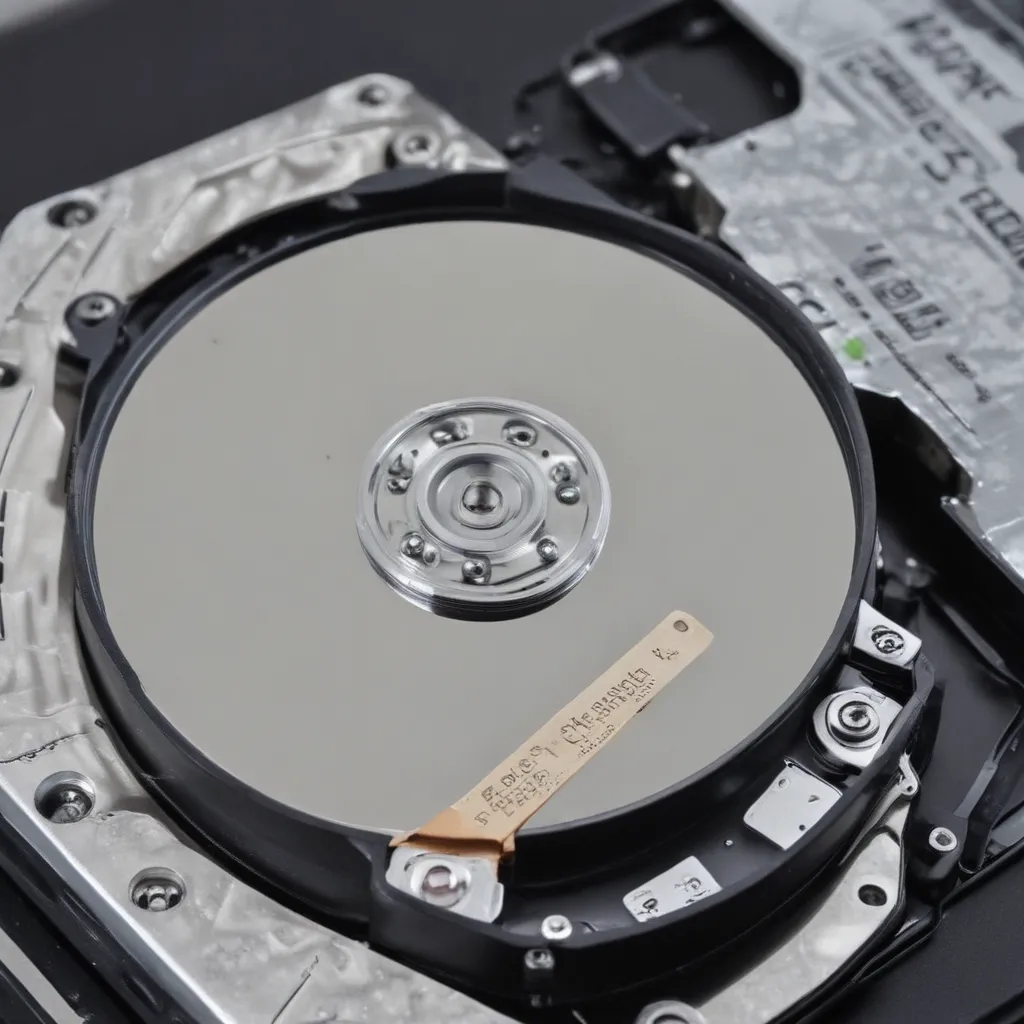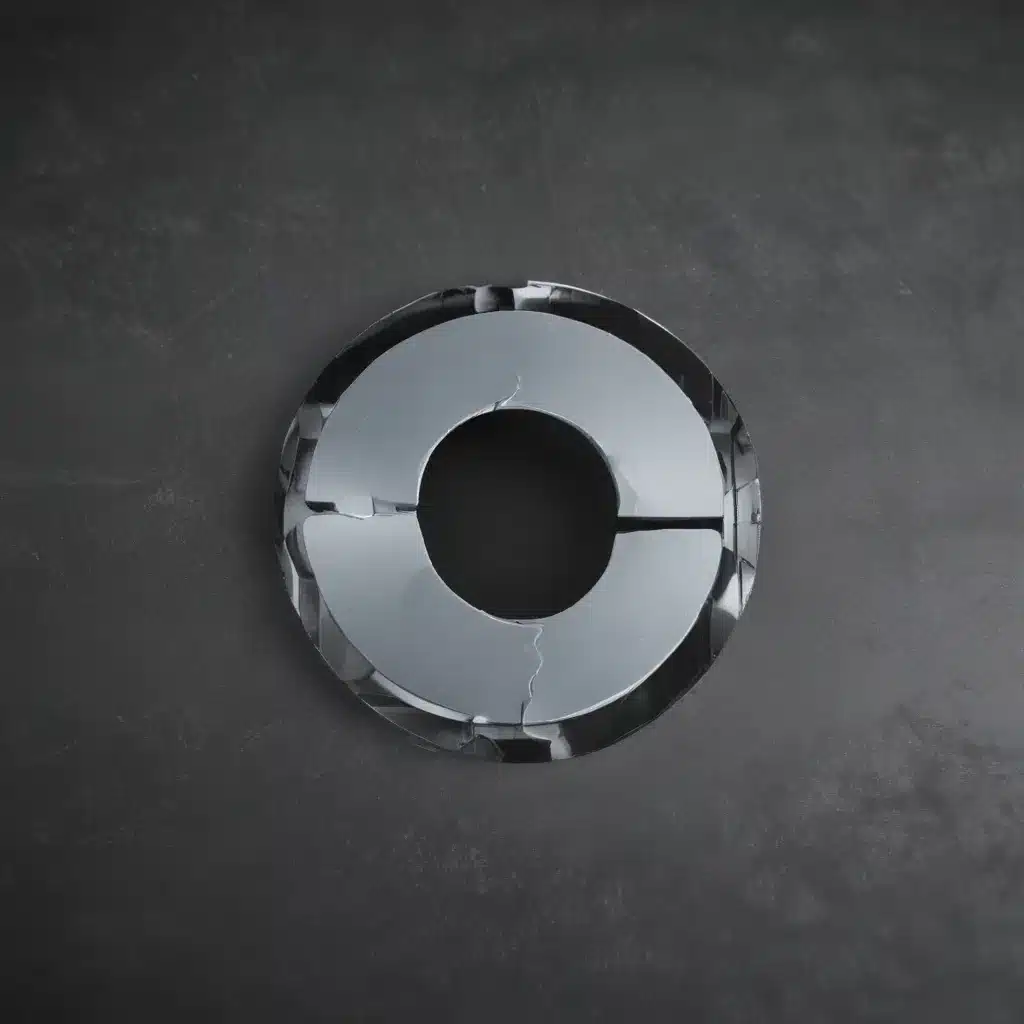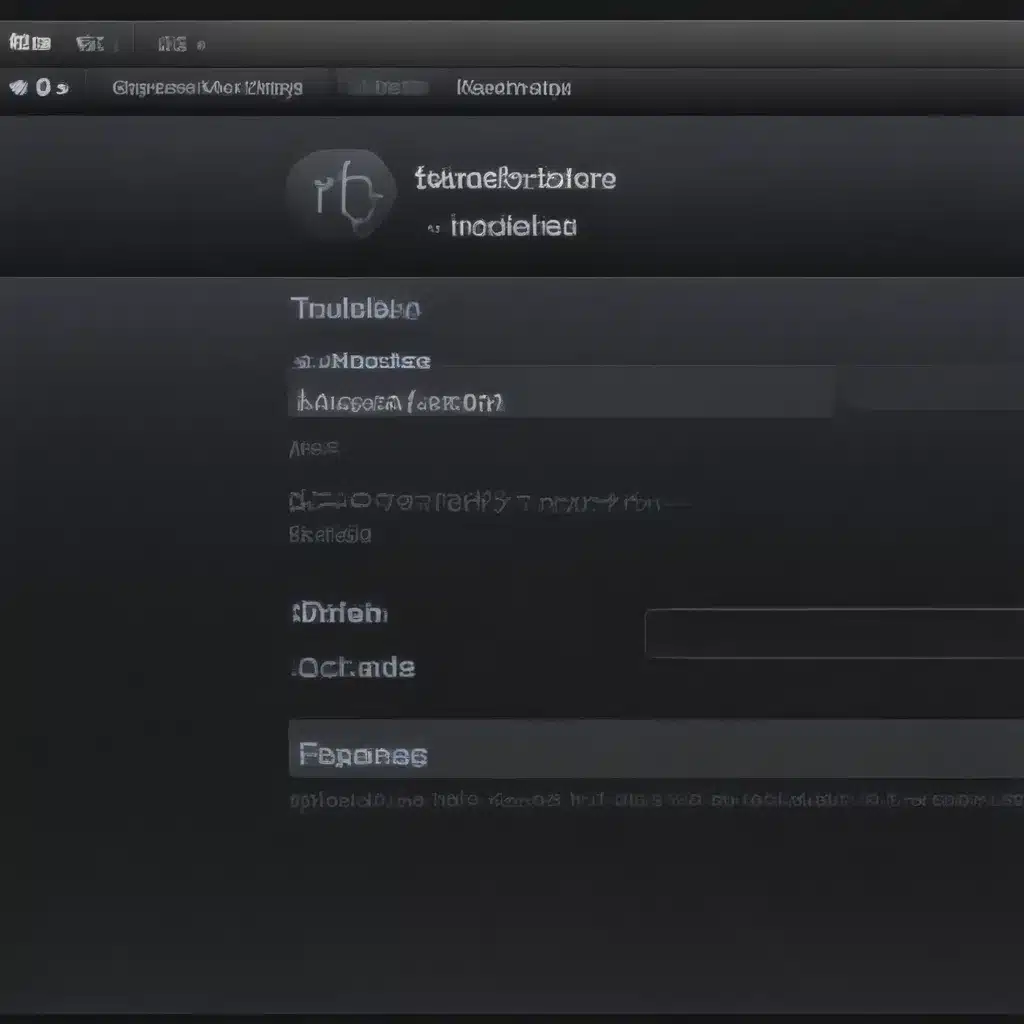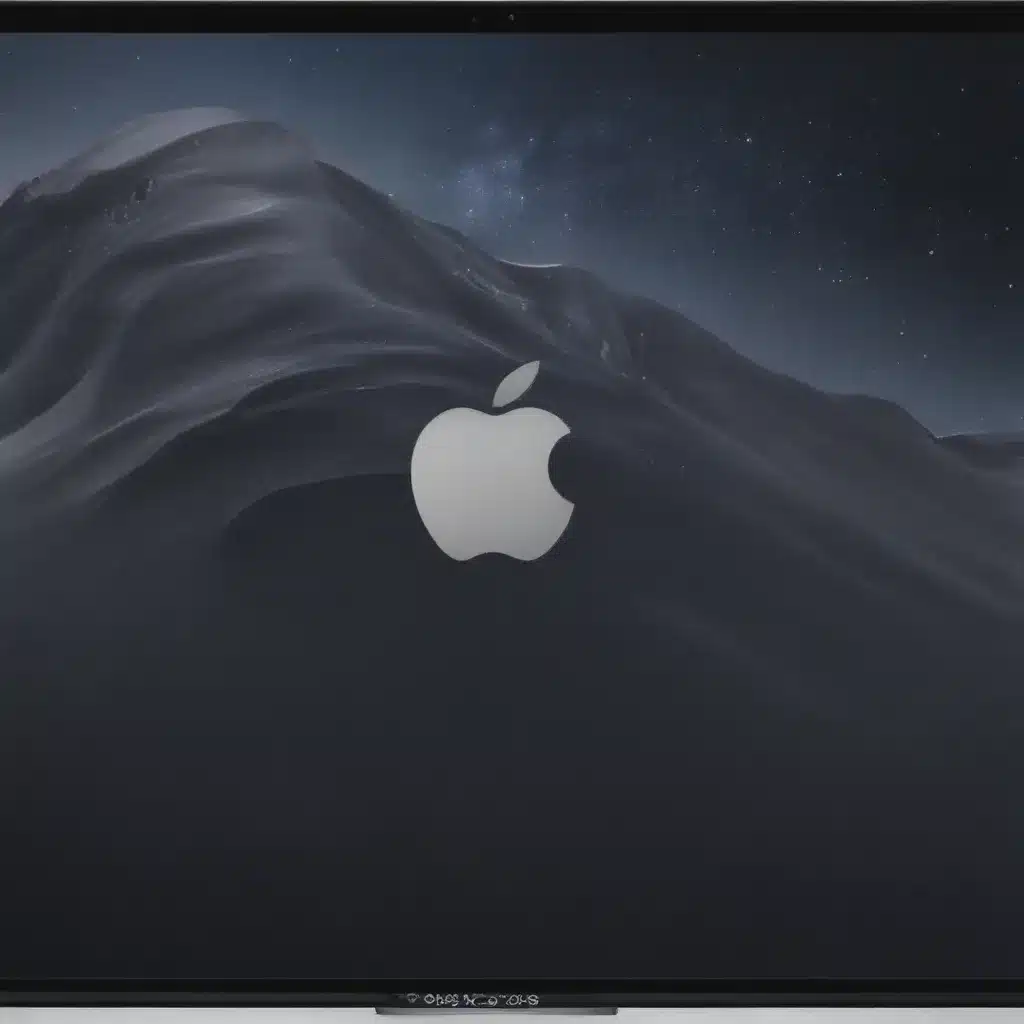Oh No, Where Did My Files Go?
Have you ever had that sinking feeling when you can’t find an important file on your computer? Your heart sinks, your palms start to sweat, and you start frantically searching every nook and cranny of your system, hoping against hope that it will magically reappear. Well, my friends, you’re not alone. File loss is one of the most common tech woes we all face, and it can be absolutely maddening.
But fear not! I’m here to share some tried-and-true data recovery tips and tricks that just might save the day. As someone who’s been there, done that, and recovered the t-shirt, I know how devastating it can be to lose precious photos, important documents, or that magnum opus you’ve been slaving over. But with a little know-how and the right tools, you can often get those files back, good as new.
The Usual Suspects: Common Causes of File Loss
Before we dive into the recovery tactics, let’s take a quick look at some of the most common reasons files go missing in the first place. That way, you can try to avoid these pitfalls in the future and maybe even prevent the need for data recovery altogether.
One of the biggest culprits is good old human error. How many times have you accidentally deleted a file, only to realize your mistake seconds later? Or perhaps you emptied the Recycle Bin or Trash, thinking you were decluttering, when in reality, you were wiping out important data. [1] It happens to the best of us, but the good news is, those files aren’t necessarily gone for good.
Another frequent offender is hardware failure. Hard drives, solid-state drives, and even USB sticks can all succumb to the ravages of age, wear and tear, or the occasional coffee spill. When these storage devices fail, the data they contain can become inaccessible. [2] And let’s not forget about ransomware attacks, which can encrypt your files and hold them hostage until you pay the digital ransom. Yikes!
The Data Recovery Arsenal: Tools and Techniques to the Rescue
Alright, now that we’ve covered the common culprits, let’s talk about how to get those files back. There are a number of data recovery tools and techniques you can try, each with its own strengths and weaknesses. Let’s dive in, shall we?
One of the most versatile options is a program called [3] R-Linux. This nifty little tool is specifically designed to recover data from Linux-based file systems like Ext2, Ext3, and Ext4. It uses advanced scanning algorithms to dig deep and uncover even the most elusive deleted files, making it a go-to choice for Linux users. The best part? It’s completely free!
If you’re a Windows user, you might want to give [4] TestDisk a try. This powerful open-source utility can not only recover deleted files, but it can also help you fix boot problems and reconstruct lost partitions. And the icing on the cake? It’s compatible with a wide range of file systems, including FAT, NTFS, and even some Mac formats.
But wait, there’s more! For the photo enthusiasts out there, [5] PhotoRec is an absolute lifesaver. This file-carving tool can recover a wide variety of image, video, and document formats, even if they’ve been deleted or your file system is completely hosed. And the best part? It’s completely free and open-source, just like TestDisk.
Putting the Pieces Back Together: Practical Data Recovery Strategies
Now, let’s talk about some practical strategies for actually getting those lost files back. First and foremost, the golden rule of data recovery is: stop using the affected device immediately. [6] The more you interact with the drive or partition where your files were stored, the higher the chances of overwriting the data and making it unrecoverable.
Next, you’ll want to create a backup or image of the affected drive or partition. This will give you a pristine copy to work with, preserving the original data and reducing the risk of further damage. Tools like [7] Clonezilla and [8] dd can help you create these backups quickly and easily.
Once you’ve got a backup, it’s time to break out the data recovery software. Depending on your operating system and file system, you might want to try one of the tools we mentioned earlier, like R-Linux, TestDisk, or PhotoRec. [9] Follow the instructions carefully, and be prepared to let the scans run for a while – these tools can be meticulous, and they’ll need time to comb through every nook and cranny of your storage device.
A Happy Ending: Recovering and Restoring Your Files
With a bit of luck and a lot of elbow grease, you should be able to recover at least some, if not all, of your lost files. The next step is to restore them to a safe, permanent location – a new hard drive, an external backup, or even a cloud storage service.
And remember, an ounce of prevention is worth a pound of cure. [10] Make sure to regularly back up your important data, either manually or using a reliable backup solution. That way, if disaster strikes, you’ll have a safety net to fall back on.
So there you have it, folks – your comprehensive guide to data recovery in the face of file loss. Whether it’s a simple case of accidental deletion or a more complex hardware failure, these tips and tricks should have you back in business in no time. Happy recovering, and may your files live happily ever after!
References:
[1] https://community.spiceworks.com/t/how-can-i-recover-data-from-my-formatted-drive/950186
[2] https://community.wd.com/t/data-recover-on-a-my-book-live-2tb-help/56597
[3] https://community.wd.com/t/wd-passport-accidentally-format-anybody-here-to-help-me-out-i-want-to-recover-my-data/239011
[4] https://askubuntu.com/questions/3883/how-to-recover-deleted-files
[5] https://techcommunity.microsoft.com/t5/windows-10/how-to-recover-permanently-deleted-files-on-windows-10/td-p/4074560
[6] https://www.reddit.com/r/krita/comments/ug3jzi/i_just_lost_all_my_art_files_on_one_of_my_hard/
[7] https://forums.developer.apple.com/forums/thread/48830
[8] https://techcommunity.microsoft.com/t5/windows-10/how-to-recover-deleted-word-document-on-windows-10/td-p/4084989
[9] https://www.diskinternals.com/linux-reader/
[10] https://www.r-tt.com/free_linux_recovery/Download.shtml













